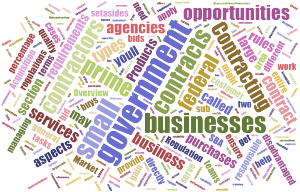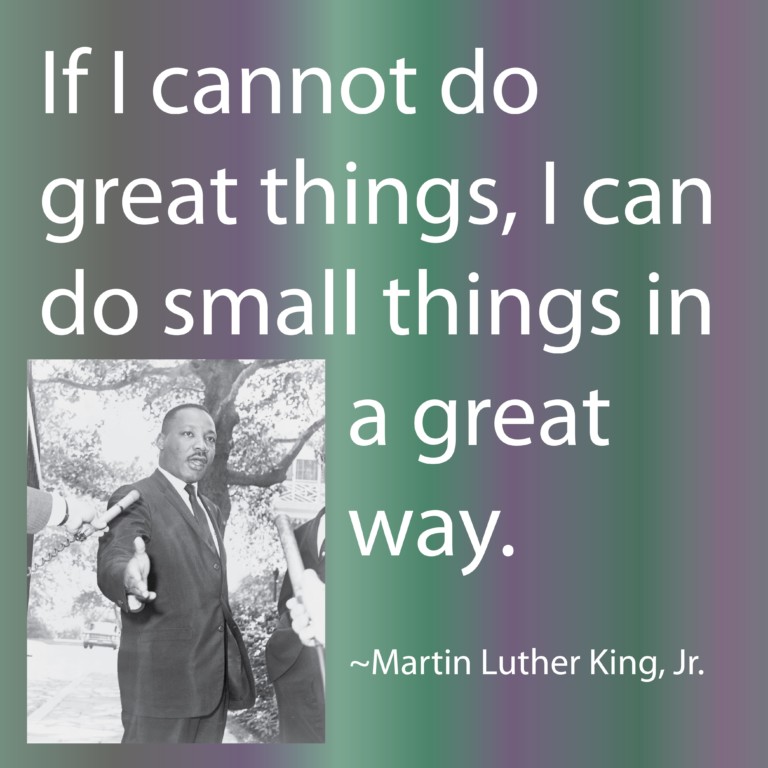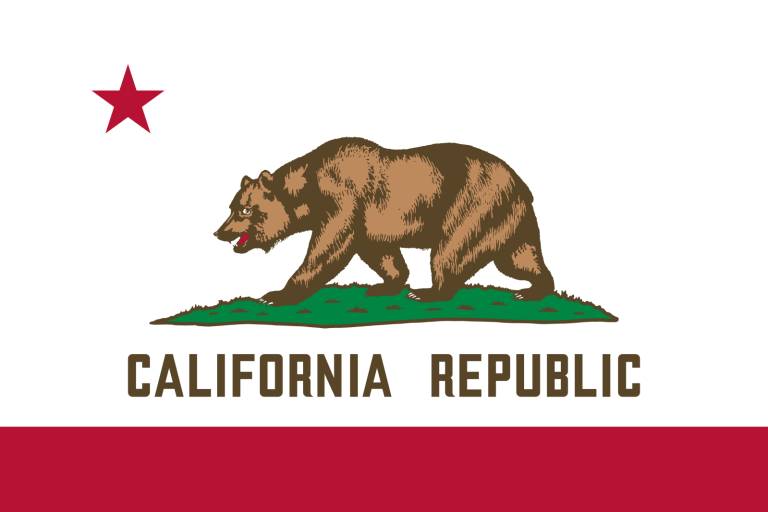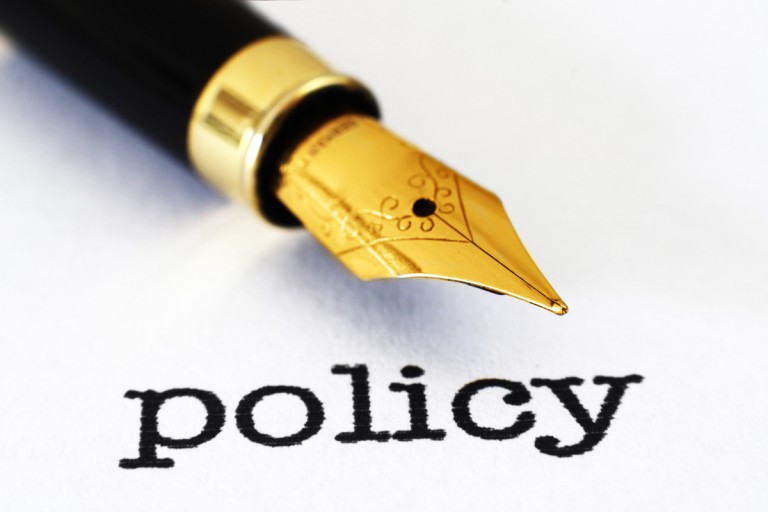 Are Women a Minority? And does it matter?
Are Women a Minority? And does it matter?
Receiving the designation as a minority owned business can come with advantages, particularly when it comes to government contracting. I’ll go into more details of government contracting at a future date, but today we’re going to pick on women. So, let’s address the question: Are women a minority?
First, let’s talk about the definition of minority. Minority status refers to a group of individuals who are underrepresented in the population. Technically speaking, women represent approximately half the population (at least in the United States). So, it’s difficult to call them minorities in the general sense. However, minority can also refer to status. If for say Group A (despite their ratio of representation in the population) is subordinate to Group B, Group A could be considered a minority.
In the world of business, particularly government contracting, minority status refers to individuals who fit into one of two categories: economically or socially disadvantaged.
Economic Disadvantage – Money poor, government rich
Qualifying as an economic disadvantage minority owned business is typically a case by case situation. This typically involves a review of the majority owner’s personal financial information, as well as a statement explaining the economic disadvantage. One caveat of this designation is the individual must already be designated as socially disadvantaged, which I’ll discuss next.
Social Disadvantage – More than skin deep
When it comes to social disadvantages, it typically refers to ethnicity. For government contracting, those who are African Americans, Hispanic Americans, Native Americans, Asian Pacific Americans and Subcontinent Asian Americans fit into the category as a rule. However, even those who don’t identify with those ethnic groups may still be able to receive a the minority owned business status, if they can show evidence. This clause is where women might find themselves receiving the minority owned business status.
Some industries are heavily dominated by men. For example, the trucking and oil industries tend to be male dominated fields. As such, a women opening a business in those fields may find they face social disadvantages and/or even discrimination. In this case, they may find themselves qualifying as a minority owned business under the federal government’s definition.
 It’s good to be a woman
It’s good to be a woman
If you are a women, but don’t qualify as a Minority Owned Business, there are still other opportunities and resources available in government contracting. For example, there is a Women-Owned Small Business (WOSB) designation, which gives women business owners an advantage in some contracting situations.
So, that’s the answer to the question of women being a minority.
I talked a bit about government contracting, also known as government procurement, but I didn’t go very deep into details. Mostly because I’m curious to know what you all thing without receiving too many details.
So, what type of services do you or would you see yourself offering to the government?[/fusion_builder_column][/fusion_builder_row][/fusion_builder_container]
 Are Women a Minority? And does it matter?
Are Women a Minority? And does it matter? It’s good to be a woman
It’s good to be a woman





An interesting article on women being considered a minority and whether or not ot matters. I spent 25 years in the US Army, and for a large nunber of those years was in logistics.
In the different positions I held over those years, and later working for companies submitting proposals for government contracts, having a woman-owned business was a plus.
Part of government contracts is the socio-economic proposal (there were three factors looked at when I was a evaluator, business, economic and technical portion. In the socio-economic portion, potential contractors expanded on their programs regarding being women-owned, native american, etc
Although this was NOT a critical factor such as to the efficacy of the business (ability to perform financially) or the technical portion (can they perforn with the pkan and facilities they are proposing to use), it WAS an important mitigating factor.
So wiithout going into too much drill-down on the subject, I would say that yes it matters, minority or not, not only for contracts but in general. There is still a wide disparity between pay for women and men, which needs to be erased, whether or not they are a minority.
Historically the government has been a strong force for change through such programs, and they can take the lead in forcing a sea change in attitudes and behaviors of the corporate world in general. Just my opinions of course here….
Great post!
Thank you for your thoughtful response, Dave. It’s nice to know that many government programs expand the socio-economic portion to include women. Sometimes it surprises and disappointments to see people are undervalued and/or underpaid due to a superficial trait. Personally, I look forward to a time when there are no special perks for being in a disadvantaged category, because our society has reached a point where we’re treated according to our effort, strengths, and abilities rather than what we look like on the outside. Thank you again.
Women should never ever be considered a minority. Women are just as important to the human race as a men. They have their job to do and the repurcussions of not doing their job is just as serious for a guy as it is for a lady. God created the man first, Then He created the woman to be a helper for the man. I for one am a Bible believing person. And when we follow the plan of leadership outlined in the Bible, these things begin to fall into place.
Thank you for visiting, Torrey. This article is about government contracting, rather than individual religious viewpoints on the roles men and women should play in society. Still, thank you for stopping by.
Thank for writing this article it was very interesting and informational. I learned a few thing from you today. I’m both a woman and a minority. Your article really has me thinking about which governmental contracts my business may qualify for. I bookmarked your site and will come back later.
Thanks
Merceadez
Thank you, Merceadez. If you’re not working with someone in the SBA, I highly encourage you to do so. They have individuals who will assist you with obtaining government contracts. As a minority, you might consider asking about 8(a).
I liked what you said, that receiving the designation as a minority owned business can be an advantage in terms of government contracting. Usually the word minority is associated with negativity. For a change, you have brought a positive side to the term.
Another piece of good news is, if a woman doesn’t qualify as a Minority Owned Business, she must not look at it as if it’s the end of the world. There are still other opportunities available.
You’re right, Zegu. Not qualifying as a minority owned business shouldn’t make or break your company. When I think of special designations, I think of them as bonuses. However, your company should be diverse enough to tap into a variety of opportunities.